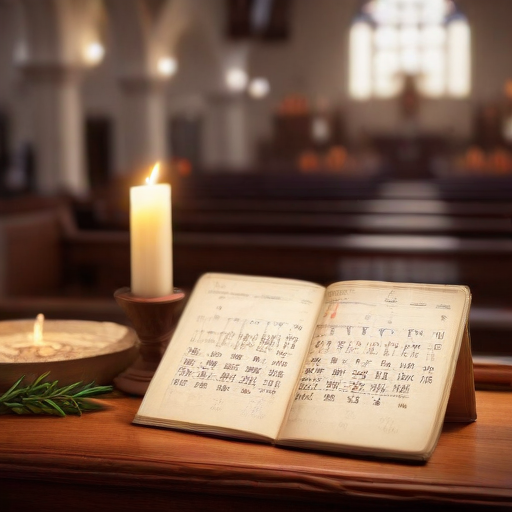The first Sunday of Advent marks the beginning of the new liturgical year in the Catholic Church, ushering in a series of seasons rich with tradition and spiritual significance. This year, starting on December 1, 2024, marks the beginning of Cycle C, which is part of a three-year cycle of biblical readings designated for Sunday Mass.
The United States Conference of Catholic Bishops (USCCB) describes the liturgical year as encompassing six primary seasons: Advent, Christmas, Lent, the Paschal Triduum, Easter, and Ordinary Time. The new liturgical calendar will run until November 23, 2025, following the Feast of Christ the King.
The three-year cycle of readings, established by St. Paul VI in his apostolic constitution Missale Romanum, is a systematic approach to ensure that a wide range of biblical texts are shared with congregations. Each of the three annual cycles—marked A, B, and C—offers readings primarily from different Gospel accounts: Cycle A is based on Matthew, Cycle B on Mark, and Cycle C on Luke, with the Gospel of John featured primarily during Easter.
Advent, with its focus on anticipation and preparation for the coming of Christ, is particularly special. The readings selected during this time eventually guide the faithful toward a deeper understanding of the significance of Christmas. Furthermore, during the liturgical year, readings from the Old Testament and apostolic letters follow a structured distribution based on even and odd years, which facilitates an introduction to a more comprehensive understanding of the scriptures.
This thoughtful organization of readings is rooted in the desire to make the Bible more accessible and engaging to the faithful, as emphasized during the Second Vatican Council. By following these cycles, attendees at Mass will have the opportunity to hear a significant portion of the sacred texts over time, enriching their spiritual journey and understanding of their faith.
As we embark on this new liturgical year, it is hopeful that many will embrace the opportunity to deepen their connection to scripture and reflect on the messages it brings, fostering a thriving spiritual life that extends beyond the church pews.
